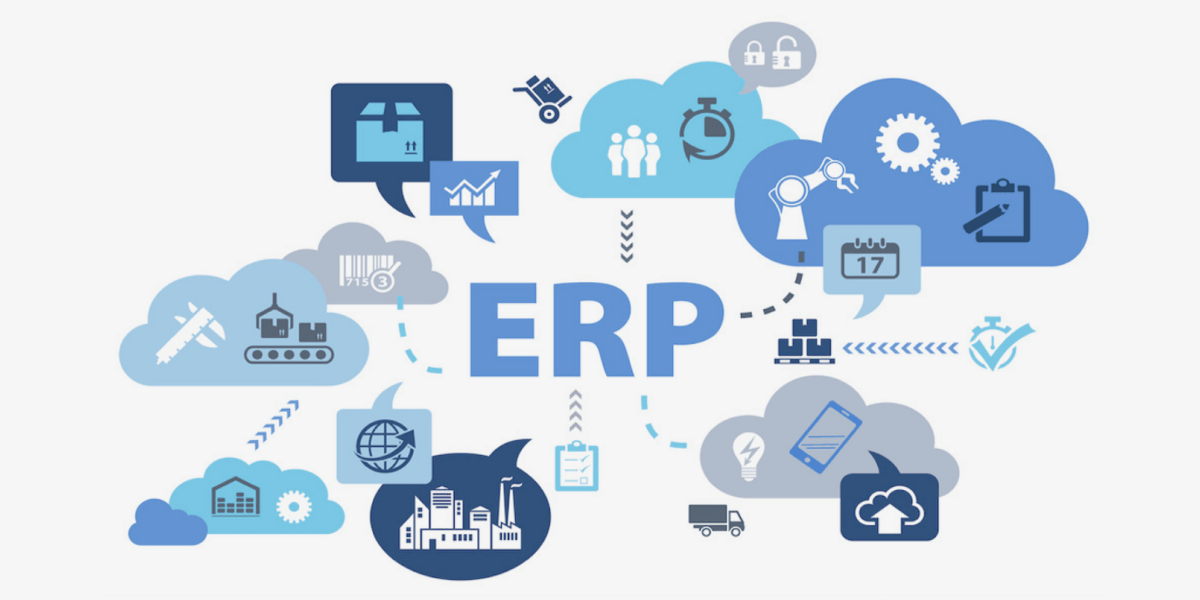ERP System Integration – A failed erp project can take various shapes. Failure can sometimes appear as a lack of system usage. At times, it seems to be a laundry list of technological flaws.
A technological and operational nightmare caused by a lack of system integration is one type of failure we frequently see in our software expert witness experience. This kind of IT failure can directly impact your bottom line.
Today, we’ll examine how divergent enterprise resource planning systems may devastate your business. This should assist you in persuading your project team to prioritise system integration in the future. After all, it is one of the most important aspects of a successful ERP deployment.
Perils of a Lack of ERP System Integration
i) Dispersed data
When your teams record information on several systems, there is no one point of reference. It gets increasingly difficult to determine which data version is the most recent, relevant, and correct over time. Even if you use version control, sharing data when dispersed over the network isn’t easy. This reduces productivity and curtails workflows, making employee collaboration impossible.
ii) Methods involving manual labour
Automating any workflow involving cross-departmental communication without system integration is difficult. It enables many systems to communicate and share data. Most of these operations are still manual, causing employees to spend excessive time on rote tasks. System integration isn’t enough; you must reengineer your workflows to improve their efficacy.
Check out this page to connect for information on customized ERP solutions!
iii) Deficiency of performance insight
Business leaders want a comprehensive, 360-degree view of their operations. You may get comprehensive reports that cover every aspect of your organisation using connected, automated platforms. They can trace each issue to its fundamental cause in a specific workflow area if they understand their organisation’s end-to-end activities. This allows you to make more informed decisions and plan to maximise growth while mitigating risk.
iv) Unsatisfied Customers
Customers can notice when teams aren’t collaborating across the entire value chain. There appears to be a communication breakdown because no one knows whom to turn to for the required information. Every employee, from warehouse managers to sales staff, is vital in the customer journey. When they are unable to collaborate, mayhem ensues. As a result, system integration saves your brand’s reputation while delighting present and prospective buyers.
v) A low rate of user adoption
System integration provides this personnel with a single point of access, allowing them to log in from anywhere and view everything they need at once. If you keep adding new systems without integrating them, the learning curve may become steeper than necessary. With each new implementation, employees would have to relearn workflows. It is a recipe for disaster to introduce a system without describing how it interacts with current methods.
Overall it may be said,
Companies are transitioning away from disparate on-premise legacy systems and toward cloud-based erp software that combine all of their business processes into a consolidated platform. This is frequently a wiser decision than integrating all of your existing systems.
Whatever approach you take, the most important thing is to avoid a lack of erp system integration. To understand more about system integration and the benefits of single systems, please contact Connected IT Consulting erp development experts today.
Related Links
ERP Project Management
Business Process mapping
Small Business ERP
ERP Consulting



